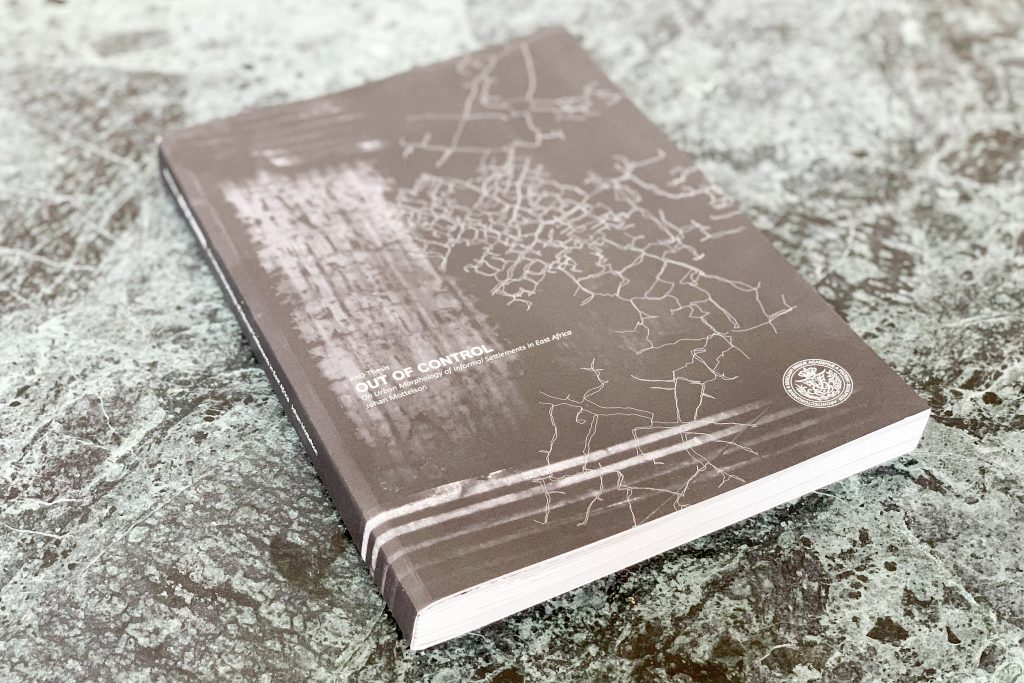
Most of the ongoing extensive urbanization in East Africa is informal and occurs beyond the limits of state control and regulatory systems. The urban majority in the region resides in informal settlements characterized by limited urban planning, construction without formal permits, and lack of formal land titles. Issues with substandard housing, overcrowding, insecure tenure as well as inadequate access to water and sanitation are widespread in these areas and compromise the livelihood of tens of millions of urban dwellers. Few studies have investigated the urban form of informal settlements even though spatial factors and urban form indicators such as inadequate access conditions, inefficient use of space, high level of building coverage, and limited public space are linked to some of the urban deficiencies in informal settlements.
This PhD thesis presents analyses of the urban form of informal settlements in East Africa based on urban morphology and location theory in order to enhance the knowledge on contemporary urban development in the region and thereby improve the basis for increasing the efficacy of urban planning and policy in addressing the wide-ranging issues linked to the proliferation of informal settlements. The thesis is titled Out of Control as lack of state control is the defining characteristic of informal settlements. The thesis is article-based and includes a number of empirical research papers focusing on various essential topics related to the urban form of informal settlements in East Africa such as informal land markets, urban expansion, and urban planning. Additionally, the thesis includes a number of practice-based design, architecture, and spatial planning projects that were produced in parallel with the research. These projects highlight central issues in relation to informal urban development in East Africa such as urban densification, access to sanitation, as well as innovation in spatial planning and land use management.
Mainstream urban economic theory emphasizes the importance of transportation systems in relation to the development of urban form. The findings presented in the thesis add new nuances to these theories by documenting that government attitudes towards informal urban development in cities where the majority is financially excluded from the formal housing market are critical for understanding the urban morphology of informal settlements. More specifically, the thesis argues that government repression of informal urban development in major cities in East Africa decreases informal land supply, leads to higher population densities in the informal settlements, and contributes to the development of more compact urban form. Additionally, the thesis suggests that decreased informal land supply leads to increased competition on the informal land market resulting in higher costs of accommodation as well as consequent fewer resources for investments in household infrastructure which contributes to more compromised livelihood for the urban poor in the region.
These findings underscore that Western planning paradigms arguably are not appropriate in the context of much of East Africa as local authorities lack the resources to administer the urban development according to regulation, and much of the population lack the resources to comply with regulation. On this basis, the thesis discusses alternative approaches to urban planning that require fewer resources to administer and support production of affordable legal housing. The thesis presents a number of policy recommendations informed by the findings of the research papers such as new forms of land titling, innovation in land use management, increasing mandate for decision-making to local administrations, road pricing, and implementation of robust street grids in peripheral areas before the urban fabric consolidates. The thesis argues that such policy measures may address some of the issues emblematic to informal urban development in the region and thereby enhance the future sustainable development of major cities in East Africa.
The thesis is available in pdf format here.